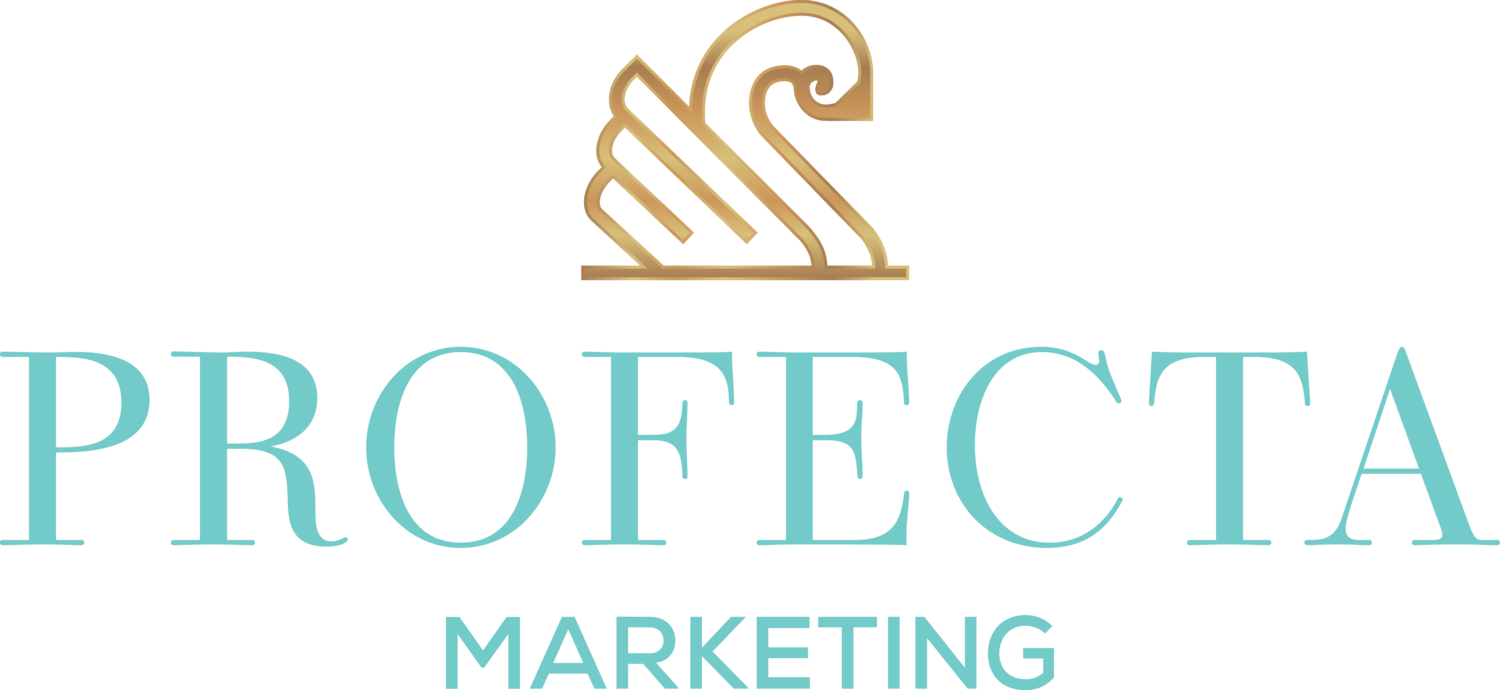There were 2.2 billion active Facebook users at the end of the first quarter of 2018.
This means 2.2 billion people trusted Facebook to store a substantial cache of their private information.
This definitely makes the Facebook data breach quite the wake-up call for Facebook and all of its users. In case you aren’t familiar with what happened, here’s a quick recap-
A data mining company, Cambridge Analytica, collected profile data from tens of millions of users to build psychological profiles and ultimately influence elections. This was done with the help of Aleksandr Kogan, a Russian-American psychology professor at Cambridge University. The data was collected through an app called thisisyourdigitallife, built by Kogan separately from his work at the university. Hundreds of thousands of users agreed to have their data collected for academic use.
What wasn’t foreseen was that this app would also collect information from the test-takers’ online friends. Facebook’s platform allowed for the collection of friends’ data to improve user experience and prevented it from being sold or used for advertising. In the end, 87 million people were likely affected by this breach. Facebook even believes most users have, at the very least, had their public profile information dug into by scam artists and/or experienced cyber security threats at some point.
So what does this mean?
Your privacy has been violated. Facebook—your favorite way to relax at the end of the day, your collection of irreplaceable photos and memories, your outlet for self-expression, the way you connect with family and friends—feels less safe.
In the last few years, Facebook has become an extremely effective marketing and advertising tool. From a business perspective, this platform acts as a direct route to audiences and holds an absolute wealth of information on target markets. This is all great stuff—except that Facebook users never got a chance to opt out of being targeted or having their private information collected.
So what’s best for the business isn’t always best for customers. This means we’re running into an issue with ethics in marketing.
How will Facebook deal with this ethical crossroads?
Facebook has come to the realization that being a social media giant means they have huge social responsibilities—with global consequences.
Facebook has already gone to great lengths to remedy this situation. In the months since the data breach, Facebook has been in damage limitation mode, updating security to protect user data and even banishing 200 apps through their site-wide audit.
Nearly all of Facebook’s users have received a message titled, “Protecting your Information,” which informed users what apps they use and what kind of information is being shared. Privacy policies have been updated to restrict access to profile information from third-party apps. They have also eliminated the ability to search users by entering an email address or phone number.
But how does this impact the marketing industry?
It’s not just Facebook who felt the backlash from data misuse—most businesses are feeling it, too. With new privacy controls, less potent targeting, and weaker consumer data, media performance through Facebook is not expected to do quite as well as it has in years past.
What’s the next move for businesses?
While Facebook may not be able to reach audiences to the same degree, the fact of the matter is that Facebook is still by far the most efficient social network platform with the ability to reach the greatest numbers.
So keep using Facebook. Use customer relationship management (CRM) systems and create custom and lookalike audiences. Use your own data to help grow awareness and engagement.
Additionally, it isn’t a bad idea to expand your horizons. Try out other tools, like Instagram, Snapchat, Pinterest and YouTube. Diversify your portfolio and continue creating content. This can improve your overall results.
Biggest takeaway: You can still build your brand while Facebook rebuilds trust.
Anderson, M. (2018, April 06). Facebook privacy scandal explained. Retrieved from https://www.ctvnews.ca/sci-tech/facebook-privacy-scandal-explained-1.3874533
Wang, F. (2018, April 02). What the Facebook Data Breach Means for Brands. Retrieved from https://www.likeable.com/blog/2018/what-the-facebook-data-breach-means-for-brands/

